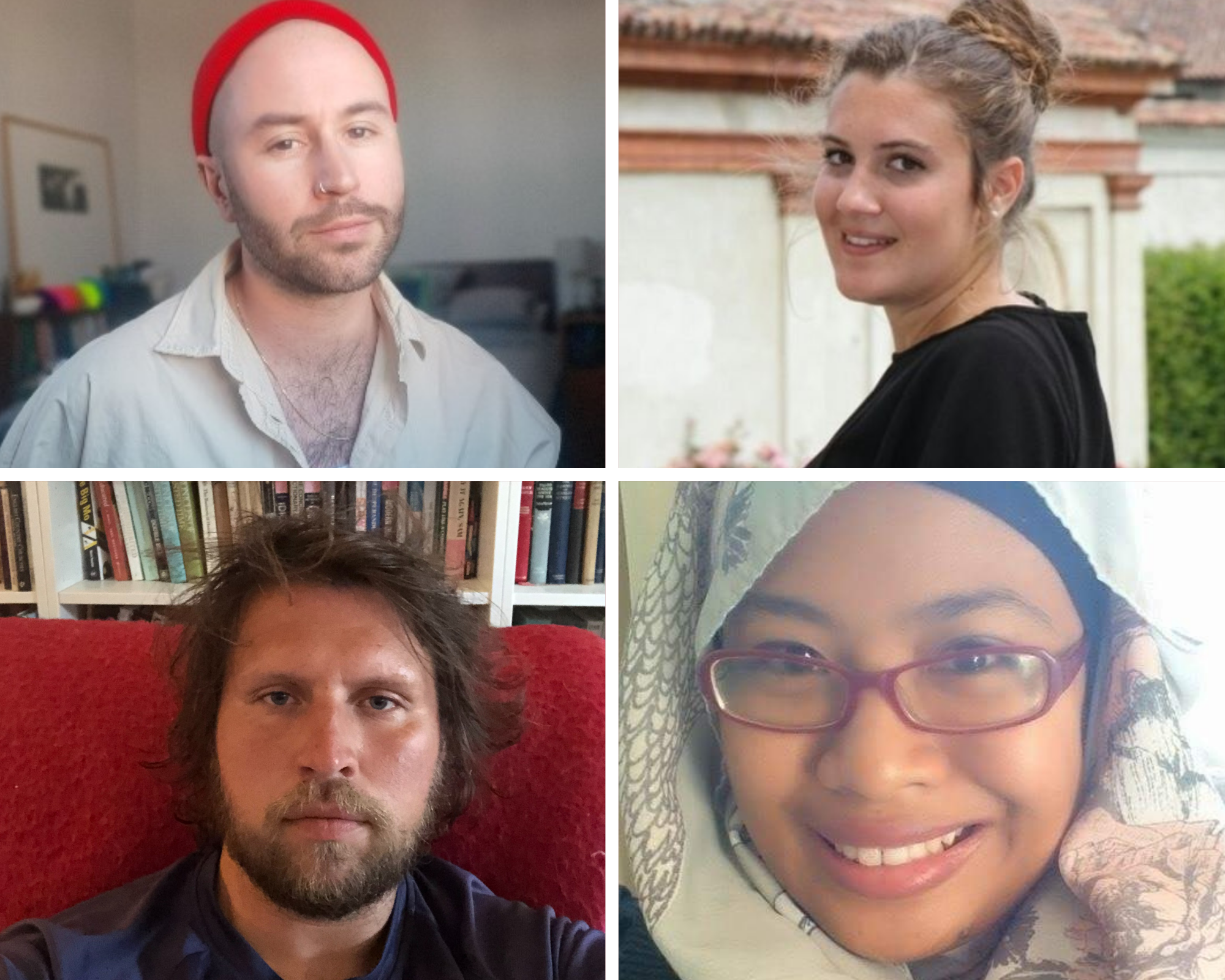The Division of Arts and Humanities is delighted to announce a number of new PhD completions. The following doctoral candidates have recently passed their vivas – a focused discussion giving students the opportunity to defend their PhD thesis in front of a panel of academic experts. Completing a thesis is a significant milestone, and we commend these researchers on their impressive achievement. Congratulations to our new Doctors!
School of English
Siti Adenan’s thesis interrogates the exclusion of post-war British working-class writing from the canonical works of postcolonial scholarship, especially in the works of two prominent scholars in the field, Edward Said and Gayatri Spivak.
“Imagine the joy I felt when I passed my viva. Sweet, sweet victory. It just felt like a huge burden had been lifted off my shoulders. All the years of hard work paid off eventually”
“Going into my viva, I told myself that I had worked seven years (including a year of major corrections and extensions due to the pandemic and two surgeries that I underwent in the process of writing and working on my corrections), so I was not going to go down without a fight. I was going to defend my thesis and my research’s contribution to my field of study to my last breath. I took on board all the previous feedback that I received from my examiners when I had my first viva last year and read and re-read them carefully.”
School of Arts
Frederick Hulbert’s thesis was a defence of moderate actual intentionalism which tried to account the presence of natural and unconscious meanings, whilst also defending a version of critical monism.
“I have been at Kent for nine years in total and it is a truly special place. I feel very fortunate with the friends I’ve made and the mentors that I’ve had.”
“I spent a great deal of time defining intentions and trying to restore an account grounded in the Linguistic Philosophies of Anscombe and Wittgenstein.”
Department of Classical and Archaeological Studies
Giulia Frigerio’s research dealt with divination procedures at the sanctuaries of Apollo in Classical and Hellenistic Greece.
“While passing my viva has obviously been a huge relief, it also was quite a melancholic moment. I have greatly enjoyed my years as a PhD student, I loved my research topic and the academic environment at the University of Kent. Although I am happy to finally move on, I will miss both dearly.”
“Within this study, I applied a methodology that is innovative and interdisciplinary, by merging neuroscience, psychology, and behavioral studies with the archaeological field. Firstly, this innovative approach allowed a new understanding of divinatory practices and the formulation of new hypotheses. Moreover, this research also offered a powerful tool to be used in the future to shed new light on further archaeological interpretations that nowadays remain open.”
School of Cultures and Languages
Luke Allder’s experimental research investigated the impact of drama pedagogies with Key Stage 2 English as an Additional Language (EAL) learners on their oral fluency and expressive language production. The research demonstrates the importance of peer-to-peer collaboration, creative language production, and the development of confidence in younger learners through play.
“The PhD experience was one of great growth and discovery. By working in an academic research institution but also on-site in UK schools, I was able to feel connected to the rigour of doctoral investigation whilst still fully connected with my practical field of interest.”
“I was lucky to have incredibly supportive supervisors, especially during such an odd time globally, and it feels fantastic to complete this project and already be moving forward into exciting post-doctoral research.”
Isabella Reichl’s research falls within the field of interpersonal pragmatics, which is concerned with interpersonal aspects of communication and interaction.
“There’s nothing quite like being welcomed back into the (virtual) room with a “Congratulations, Dr!”
“In my thesis, I examine the role of people’s power, knowledge, and subjective evaluations in the context of negotiating future courses of action. After 5 (!) incredibly tumultuous years, I could not have wished for a better conclusion to my PhD journey than my viva. Those two hours of discussing my project with my examiners were an incredibly rewarding and encouraging experience.”
Further Information:
Kent Postgraduate Courses – Research Programmes: Postgraduate research develops your specialist knowledge in a specific field of study. Working closely with a senior academic, you conduct an original research project that could have a far-reaching impact on the global community. If you are looking to study a research degree at Kent, we recommend you choose a topic and identify an appropriate supervisor before you apply.

